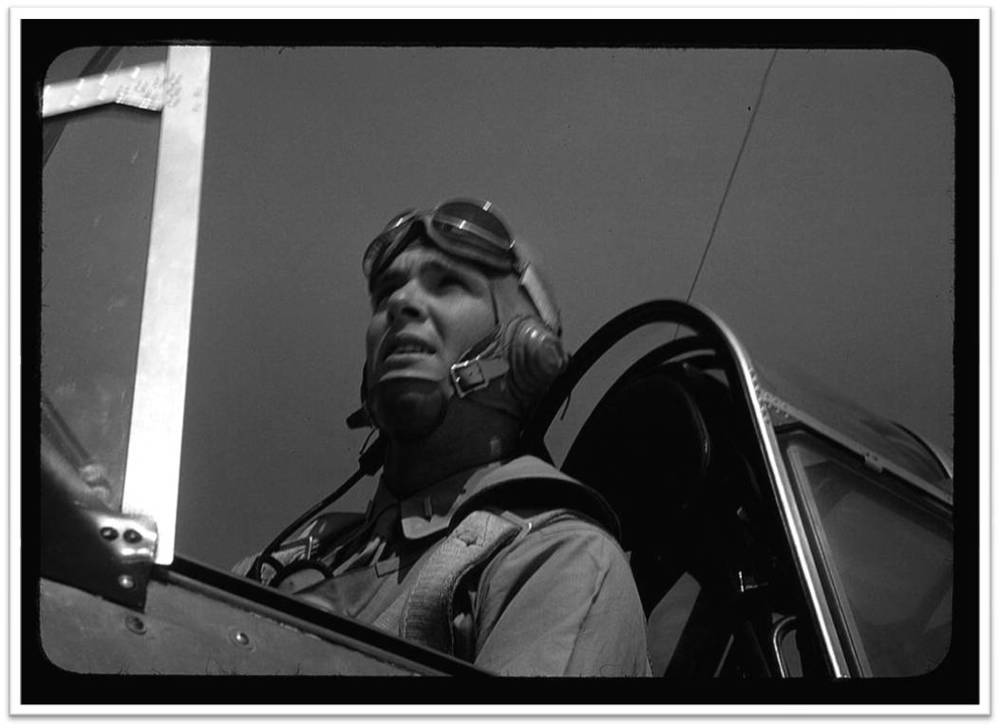Think LinkedIn is just social networking for grey people or just a glorified address book? Think again.
I bought my brother a CD for his birthday this week, King released in 1995 by Belly, featuring Tanya Donelly of The Breeders and Throwing Muses fame. After a sneaky nostalgia-inducing listen, I came across a song featuring the lyric “are you super-connected?”
Maybe Ms Donelly was talking about the new economy, about how networking looks remarkably similar to the way the brain works as it sparks new ideas and potential, and about LinkedIn – but equally this might be far fetched given that the internet in 1995 was pretty much information on clunky websites and a few people using email.
How the world of work and of local government has changed – but thankfully not the voice of Tanya, who's still rocking on.
LinkedIn's co-founder Reid Hoffman has co-written a book called The Start-Up of You that encourages individuals to treat themselves and their careers as they would a start-up business (if you're interested, a good introduction comes from an interview with Hoffman on a Radio 4 podcast here). The book talks of course of the power of networks, only from the way they are usually perceived – as people to “tap up” and ask favours of etc – but as sources of ideas that might help adapt your original plans (he calls those “Plan A”) from something pure but unworkable into a more pragmatic reality (“Plan B”).
Let me take this one step further, but several steps from the macro scale – that all society working together is much more effective than lots of individuals plotting against each other. That's already been explored by James Surowiecki in The Wisdom of Crowds, by Robert Putnam's 'social capital' in Bowling Alone, and possibly undone by Woody Allen and Sharon Stone in Antz. On a micro scale, networks of a couple of hundred people (let's call them your LinkedIn connections) has the potential to solve a lot of problems in ways that you haven't thought of yet.
The brain works by linking neurons together along connections called axons and across gaps called synapses. Looked at this way, that's pretty similar to a group of people in a room, some who know each other and some who don't, passing information between them.
Remove the room and arrange them in a row on LinkedIn, and an original idea can pass between those people, refined, expanded, revised and drawn out as you, the common link, rolls it between them. Maybe you met someone struggling to find an application for a good idea. You think she would benefit from speaking to the person you sat next to at your previous job.
It turns out that he now works for someone doing something totally different, but who is struggling to make his new application work. That original business idea has now become something else, but none of the links in the chain knew what it was going to be at the beginning.
By linking the people together, you've created something new from behind your computer.
This has real potential for local government, and for an economy stuck in a rut as it waits for things to get back to “the good old days” despite knowing equally well that the good old days actually caused the bad new days. In other words, we need a “great reset” (cf Richard Florida's book of the same name). We need new ways of making things, of doing things, of working. We are continually reminded in local government of the need to do more with less, but we're hardly ever told to or encouraged to think or work differently and come up with the innovation that's needed. Maybe networks have the answer.
Of course, lots of people are already doing this. The Knowledge Hub exists to bring together local government types to share ideas and disseminate best practice. But these sites are impersonal and aren't meant really as social spaces (although it has certain potential to be, with blog and media hosting and connections lists). The point of LinkedIn is that you're meant to know and be interested in the people you connect with.
Too many people use LinkedIn as an electronic business card holder, collecting contacts and never looking at again. Your address book already does this. Instead, LinkedIn should be used like a great big networking event in the sky – scrolling through your connections might remind you of things, it might make you realise that you know two people who may benefit from being introduced. Reading through the updates on LinkedIn is a useful way of reminding yourself of the people you know – and the potential innovation locked away between them.
Dan Carins is an economic development strategist with Walsall Council whose work has been recognised in SOCITM's Better Connected report.
Sign up for our weekly email digest. You can do that here.

